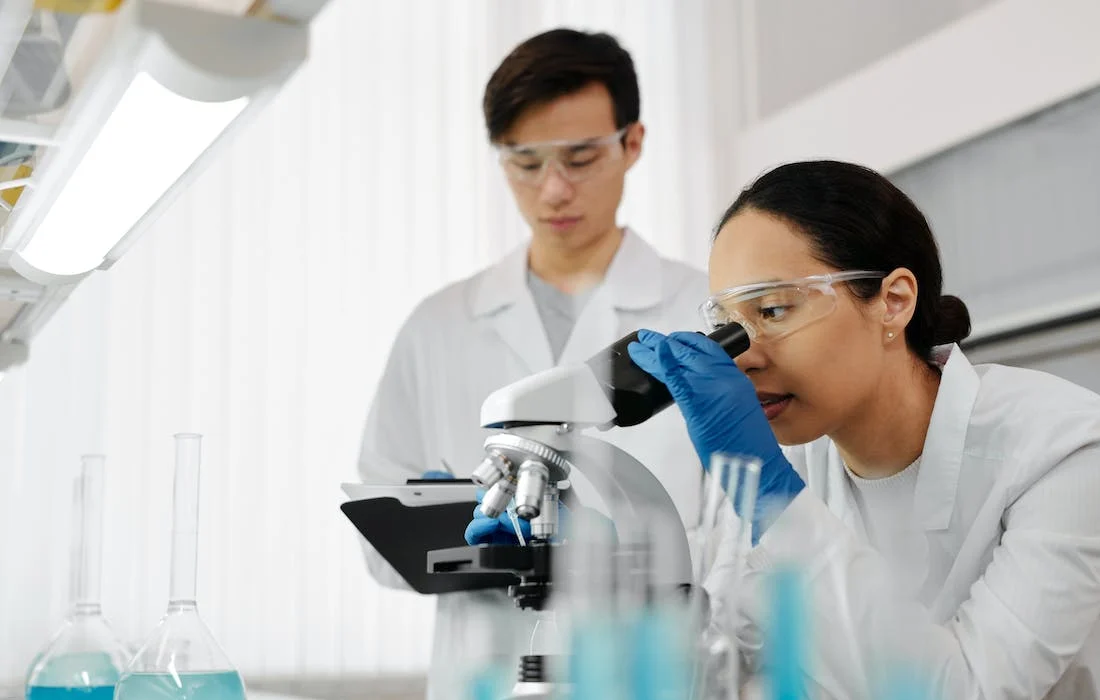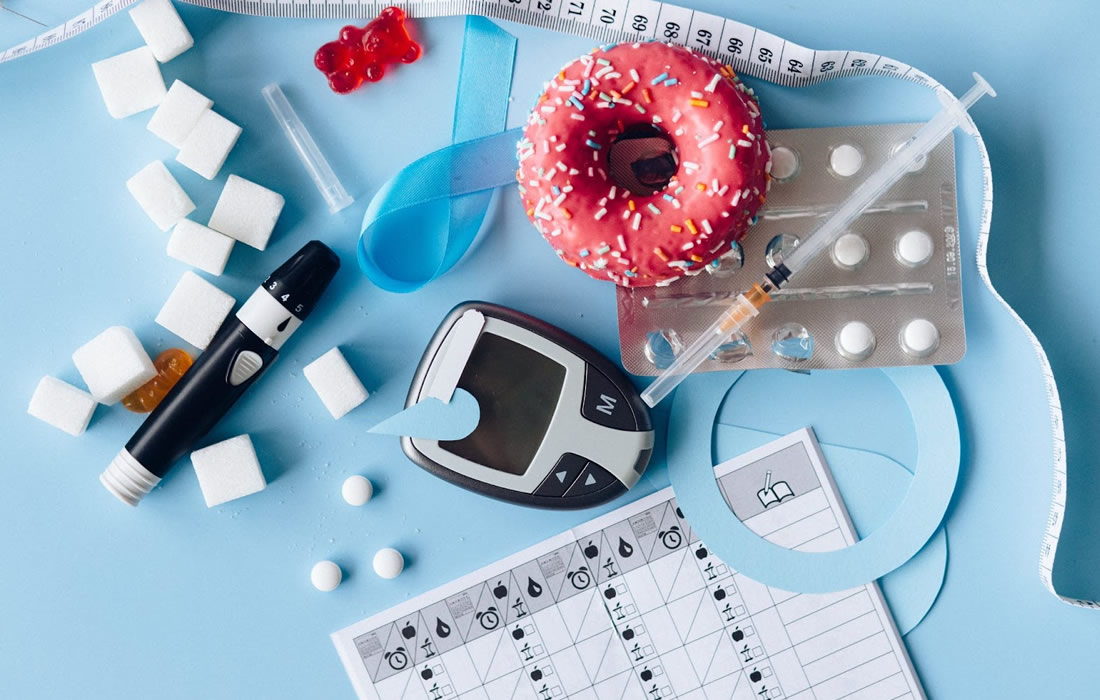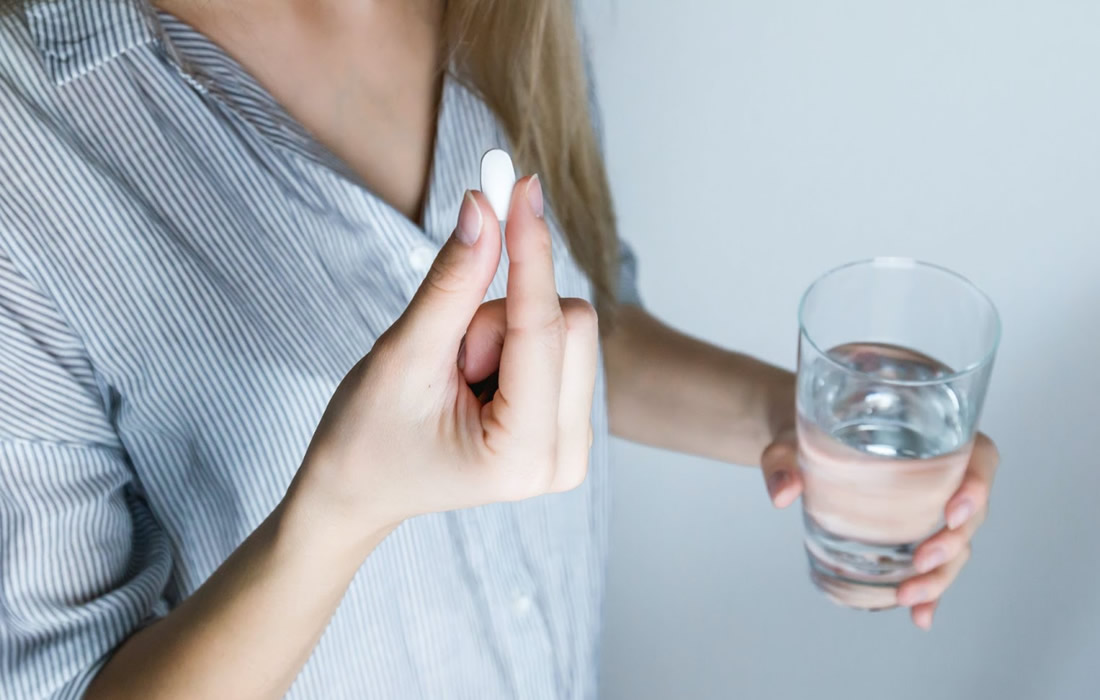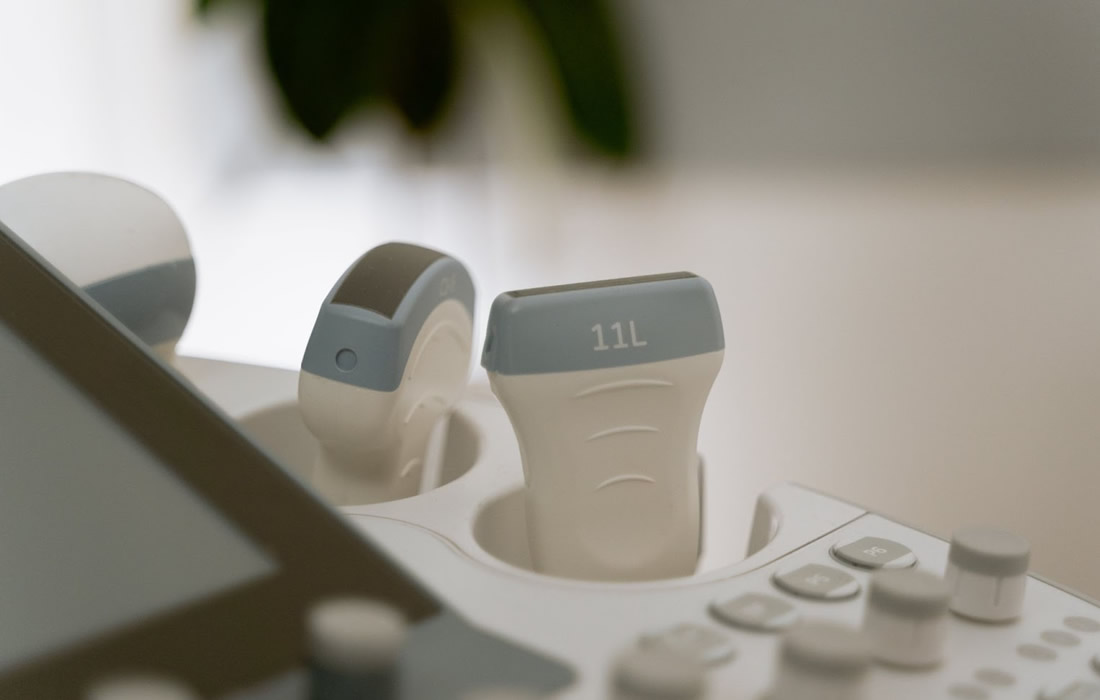Promising trial results indicate that a new type of cell therapy could imrove the prognosis of those who are critically ill with acute respiratory distress syndrome (ARDS) resulting from severe Covid-19. Published in the journal Nature Communications, Professor Justin Stebbing of Anglia Ruskin University (ARU) is the joint senior author of the new study investigating […]
Category Archives: Regenerative Medicine News and General Information
Asthma is more common among high school students who use cannabis, relative to those who do not and the prevalence of asthma increases with the frequency of its use among the students, according to a new study. Data were drawn from the 2019 Youth Risk Behavior Surveillance System, a CDC national high school survey, which […]
Tomato juice can kill Salmonella Typhi and other bacteria that can harm people’s digestive and urinary tract health, according to new research. Salmonella Typhi is a deadly human-specific pathogen that causes typhoid fever. First, the researchers, in laboratory experiments, checked to see if tomato juice really does kill Salmonella Typhi. Once they ascertained it did, […]
Disrupted function of “cleaning cells” in the body may help to explain why some people with obesity develop type 2 diabetes, while others do not. A study from the University of Gothenburg describes this newly discovered mechanism. It is well known that obesity increases the risk of insulin resistance and type 2 diabetes. It is […]
According to the CDC, the U.S. obesity and hypertension rates in adults are 41.9% and 45.4%, respectively. Obesity is a known risk factor for cardiovascular disease and a major contributor to high blood pressure, which can make a person more susceptible to heart attack, stroke and heart failure, among other risks. Researchers in this study […]
Among the most difficult types of pain to alleviate is neuropathic pain, pain that is usually caused by damage to nerves in various body tissues, including skin, muscle and joints. It can cause patients to suffer feelings like electric shocks, tingling, burning or stabbing. Many of the available pain medications are only moderately effective at […]
Polycystic ovary syndrome is a hormonal disorder that is defined by irregular menstruation and elevated levels of a hormone called androgen. “While it has been linked to metabolic diseases like obesity and diabetes that can lead to heart problems, less is known about how this condition affects brain health. Our results suggest that people with […]
Many neurodegenerative diseases, including Alzheimer’s and Parkinson’s, are difficult to diagnose before symptoms begin to appear. However, disease-related biomarkers such as aggregated proteins called amyloids could provide important insight much earlier, if they can be readily detected. Researchers publishing in ACS Sensors have developed one such method using an array of sensor molecules that can […]
New research by investigators from the Department of Psychiatry and Behavioral Neurosciences at Cedars-Sinai shows that behavioral activation therapy is as effective as antidepressant medications in treating symptoms of depression in patients with heart failure. Heart failure affects nearly 6 million adults in the United States, and approximately 50% of heart failure patients experience symptoms […]
A study exploring the mechanisms behind why cognitive performance improves in response to exercise, has found that dopamine plays a key role. The neurotransmitter and hormone — which is tied to pleasure, satisfaction and motivation — is known to increase when you work out. New findings suggest it is also linked to faster reaction time […]










